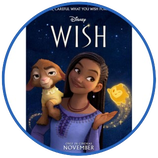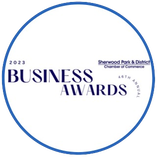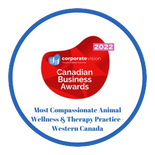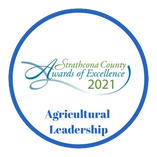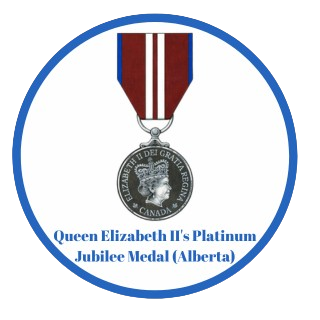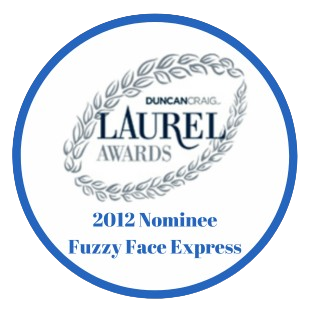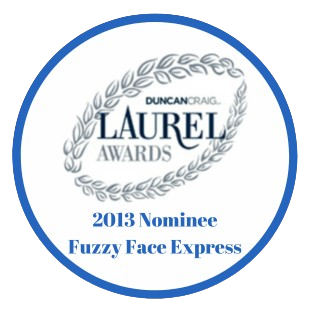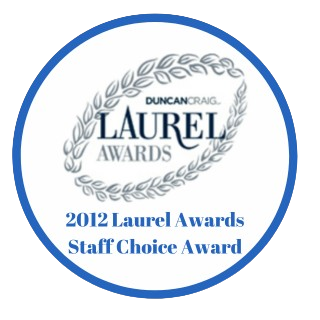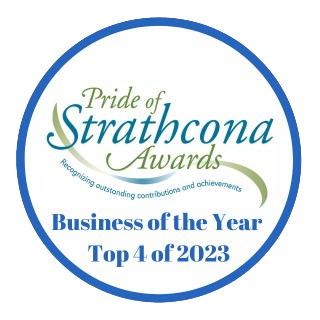|
Hello and Happy Valentines Day! This is an extremely celebratory weekend for us all! We kicked it off With Chinese New Year, had a day of rest, are now celebrating Valentine's Day and tomorrow is Family Day. Yay! So much to celebrate and so much love!
So the question posed for the Blog was: "What is the process to be trained to work at Dreamcatcher?" And the answer is soooo exciting! First of all, after 17 years and 8 months, Dreamcatcher has evolved to be able to offer employment in a variety of ways to a variety of people. I will attempt to break it down by categorizing the positions we currently have and how we ensure people are adequately trained for the job. 1. Therapists - to work as a Dreamcatcher therapist, one must have a Master's degree in psychology, social work or counselling. Preference is given to those who are registered psychologists and training can be provided for those in other professions (i.e., social work) as they are required to follow the psychologists code of ethics. Social workers on the Clinical Registry are preferred. These therapists are skilled in working with complex cases and if not, they are trained to do so once they begin employment through consultation and supervision. They must have an affinity for animals and for being outdoors and if they are not already trained in animal assisted or equine facilitated therapy, they must undergo training (could be on the job) in these mediums. They are included in formal Dreamcatcher courses, workshop and internship trainings to learn about our animals, our process, the ethics of the mediums and much more. 2. Behavior Specialists or Interventionists - typically, these staff have an undergraduate degree in psychology, child and youth care, social work, rehabilitation practitioner, life coaching or something similar. They are skilled in behavior management and pre-trained to work with people who my have special needs and require skill building for functional living. The are adept at working with families and at providing strategies for assisting families and the individual to work effectively toward their goals. They must have an affinity for animals and for being outdoors and if they are not already trained in animal assisted or equine facilitated interventions (AAI's), they must undergo training (could be on the job) in these mediums. Formal training in working in AAI within their scope of practice is provided. 3. Animal Handlers - these helpers can come from a variety of backgrounds and assist in a variety of ways. For the most part, they are have an affinity for animals and the outdoors and work well in teams or groups. If they do not have experience with animals, they can begin becoming familiar with Dreamcatcher through volunteering, observing our work with animals and people, spending time with our animals and then undergoing formal training to handle our animals in sessions, groups, camps or special events. 4. Group, camp or special event staff - this can be a combination of therapists from different specialties (i.e., art, music, somatic, etc.), interventionists and animal handlers and the training they require is to be expert in their specialty first and foremost and then training at Dreamcatcher in animal handling and AAI's is provided to understand how to facilitate or assist within these contexts. There are many more positions at Dreamcatcher as we evolve, some of which include volunteer coordinator, marketer, editor, videographer, administrators, tourism staff, academy course developers and instructors, dog trainers, horsemanship experts, practicum students and much more! Thank you Ashely for your awesome question! I hope I answered it as I got way too excited and might have gone off track! I hope you have an awesome long weekend and I look forward to answering any other questions anyone has! Yay! I love Blobbing!
0 Comments
Leave a Reply. |
AuthorWrite something about yourself. No need to be fancy, just an overview. Archives
July 2021
Categories |
Location |
|

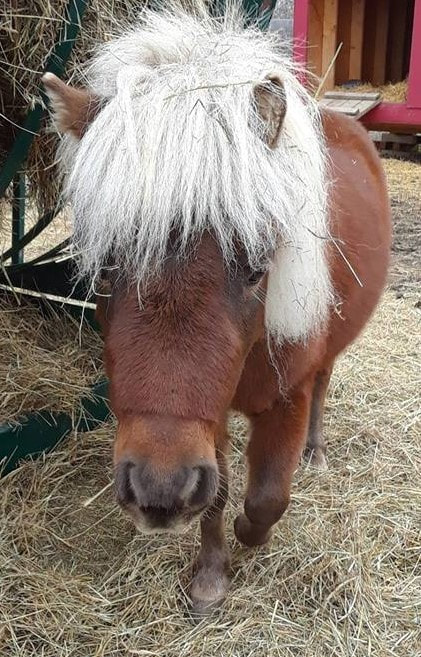
 RSS Feed
RSS Feed
